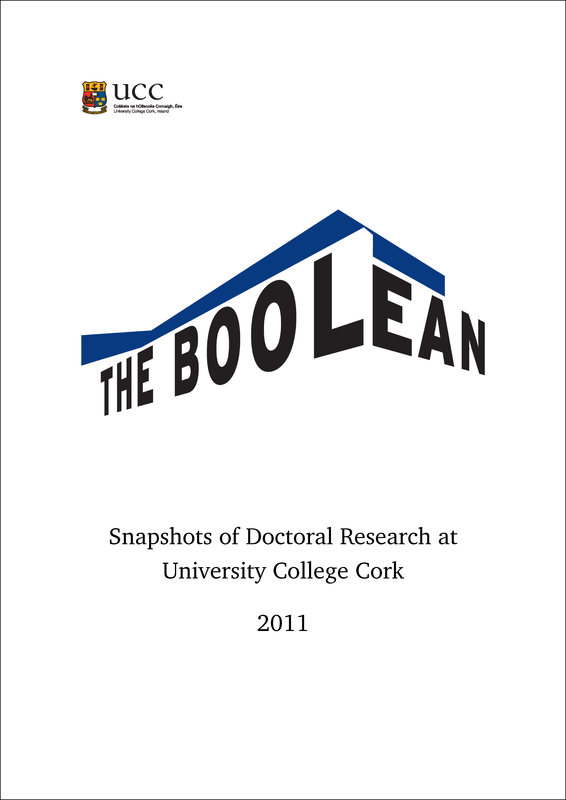Help-seeking behaviour for chronic pain
DOI:
https://doi.org/10.33178/boolean.2011.7Abstract
Many people with Chronic Pain do not seek help from healthcare professionals; in some cases, they are suffering severe daily pain. Others have sought help initially but failed to return if their pain prescription ran out or treatment was ineffective. There is also a cohort of people who delay seeking help until their pain becomes intolerable. Untreated Chronic Pain can lead to increased disability, increased risk of fall, depression, sleep deprivation, reduced quality of life, social isolation and impact significantly on co-existing diseases. It is therefore pertinent to ask the following questions; why do some people suffer in silence? Why do people fall off the help-seeking path? Why is help-seeking delayed? Although these may be key questions to consider, it would be as prudent to ask what factors influence prompt help-seeking behaviour. The answers to the latter question may provide valuable information on model behaviour which could be adopted by ...References
Published
2011-01-01
Issue
Section
Articles
License
Copyright (c) 2011 the author(s)

This work is licensed under a Creative Commons Attribution-NonCommercial-NoDerivatives 4.0 International License.



